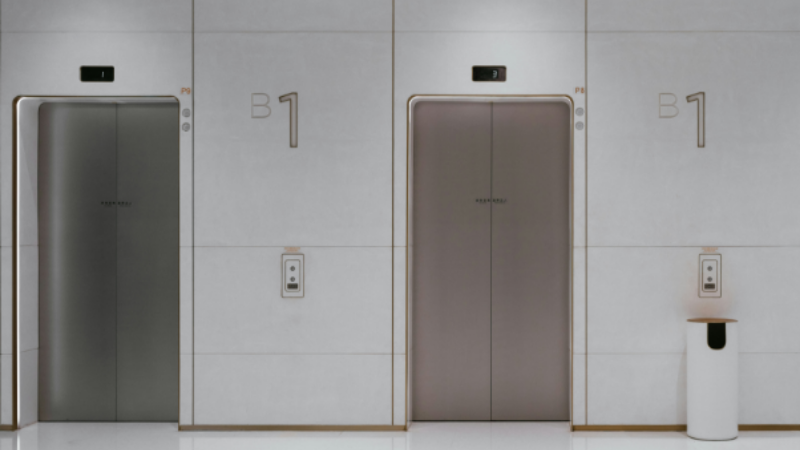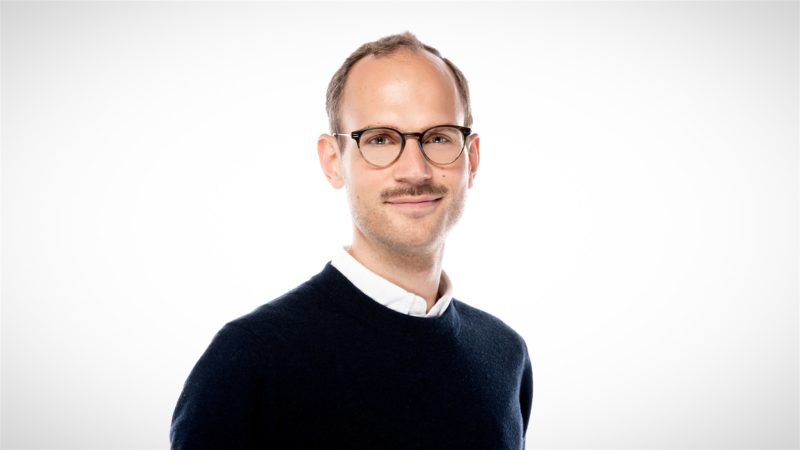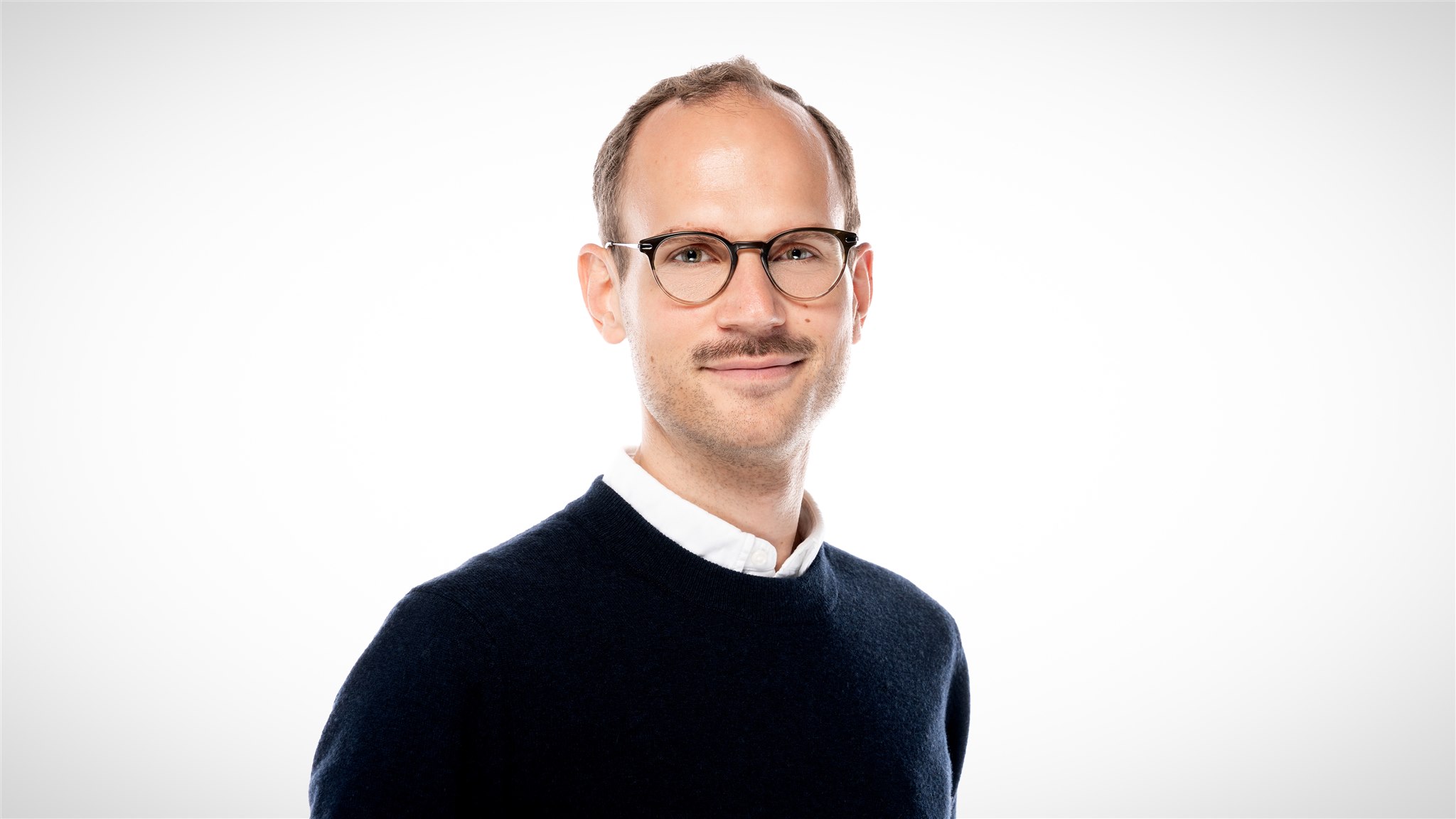
Generative AI in the world of work
With the release of ChatGPT, the potential of generative artificial intelligence (AI) has become tangible to the general public. AI-based chatbots, such as OpenAI's GPT-4, can be used in a variety of ways: they search, analyse and summarise information. They can also generate and revise ideas, text or code for us. The high technological maturity of these AI applications and their versatility make them extremely important for the world of work. In knowledge-intensive professions, generative AI promises more time for creative activities thanks to efficiency gains. On the negative side, however, its use can also lead to the devaluation of human skills or even their replacement. Questions remain about the possible new skills that workers will need when working with generative AI.
For this reason, the research project "Generative Artificial Intelligence in the World of Work" (GENKIA) is investigating the significance of generative AI for individuals, organisations and professions. Its aim is to capture the experiences of workers with generative AI and to analyse possible impacts on employment and quality of work. We will also explore the conditions under which work processes can be supported by the use of generative AI.
The project is a collaboration between the Alexander von Humboldt Institute for Internet and Society (HIIG) and the Weizenbaum Institute. It is funded by the German Federal Ministry of Labour and Social Affairs (BMAS).
Research work
Generative AI will have a significant impact on knowledge work in particular. Therefore, the research project focuses on five socially relevant domains in which generative AI systems are already being applied:
Marketing
Human Resource Management
Programming
Journalism
Public Administration
Transfer
We communicate the results of the project to academics, policymakers, businesses, public institutions and the general public in ways tailored to each target group. In addition to scientific formats, these include blog articles, policy dialogues and public events. The focus is on the timely transfer of initial project results into the political discourse on the design and regulation of generative AI, in close coordination with the Policy Lab Digital, Work & Society of the BMAS.
 Georg von Richthofen, Dr.Senior Researcher & Project Lead: Innovation, Entrepreneurship & Society
Georg von Richthofen, Dr.Senior Researcher & Project Lead: Innovation, Entrepreneurship & Society Hendrik Send, Prof. Dr.Associated Researcher: Innovation, Entrepreneurship & Society
Hendrik Send, Prof. Dr.Associated Researcher: Innovation, Entrepreneurship & Society Nele BußStudent Assistant: Innovation, Entrepreneurship & Society
Nele BußStudent Assistant: Innovation, Entrepreneurship & Society Sonja KöhneDoctoral Researcher: Innovation, Entrepreneurship & Society
Sonja KöhneDoctoral Researcher: Innovation, Entrepreneurship & Society
Other publications
von Richthofen, G. (2024). Zwischen Zeitersparnis und Zusatzaufwand: Generative KI in der Arbeitswelt. Digital society blog. Publication details
Köhne, S., v. Richthofen, G., Send, H., & Buß, N. (2024). Empowering workers with data. Digital Society Blog. Publication details
Lectures and presentations
Wer steuert hier wen? Generative KI in der PersonalarbeitWer steuert hier wen? Generative KI in der Personalarbeit. Plattform Lernende Systeme. online, Berlin, Germany: 21.03.2025
Sonja Köhne
Generative KI und Kreative Arbeit: Perspektiven aus der WerbeindustrieGenerative KI und Kreative Arbeit: Perspektiven aus der Werbeindustrie. Institute of Electronic Business, Universität der Künste. online, Berlin, Germany: 19.03.2025
Georg von Richthofen
Auswirkung von Künstlicher Intelligenz auf die ArbeitsweltKünstliche Intelligenz und Arbeitsrecht im Spannungsfeld. Hugo Sinzheimer Institut für Arbeits- und Sozialrecht (HSI), Frankfurt am Main, Germany: 30.01.2025
Sonja Köhne
Unraveling data analytics in human resource management: A paradox perspective13th Biennial International Conference of the Dutch HRM Network. Erasmus University, Rotterdam, Netherlands: 08.11.2024 Further information
Sonja Köhne
Oh mein Bot: Künstliche Intelligenz in Verwaltung und UnternehmenDigitaltag der Industrie- und Handelskammer. IHK Berlin. Data Space, Berlin, Germany: 10.10.2024
Sonja Köhne
Who is creative, now? Generative AI in AdvertisingNetnography Conference - Netnocon 2024. Università Cattolica del Sacro Cuore, Milan, Italy: 29.05.2024 Further information
Georg von Richthofen
Oh mein Bot: Generative KI aus Perspektive der Beschäftigtenre:publica24. STATION Berlin, Berlin, Germany: 27.05.2024 Further information
Georg von Richthofen, Sonja Köhne
Panels
K.I. – Die letzte Revolution in der Arbeitswelt?Engineering- und IT-Tagung 2024. Volkswagen Nutzfahrzeuge Hannover, Hannover, Germany: 13.09.2024 Further information
Sonja Köhne
Finanzierung
| Duration: | 01.04.2024 bis 30.09.2026 |
| Funding: | German Federal Ministry of Labour and Social Affairs |



